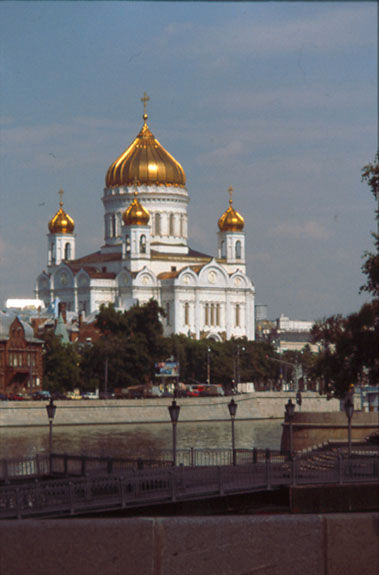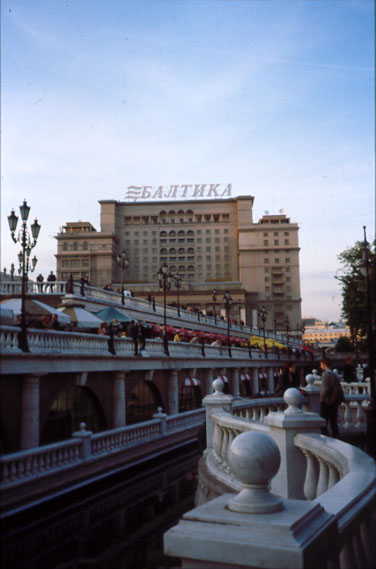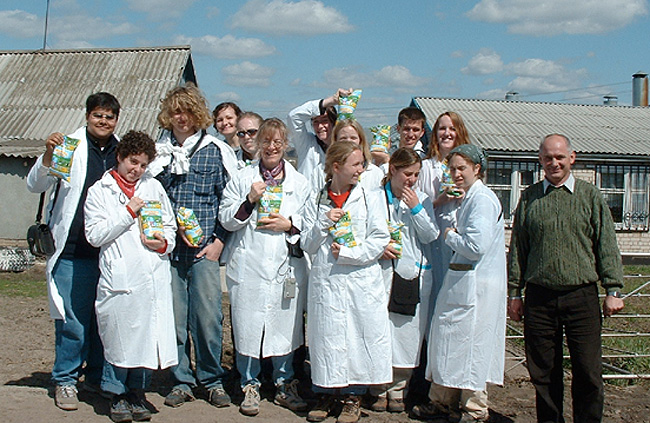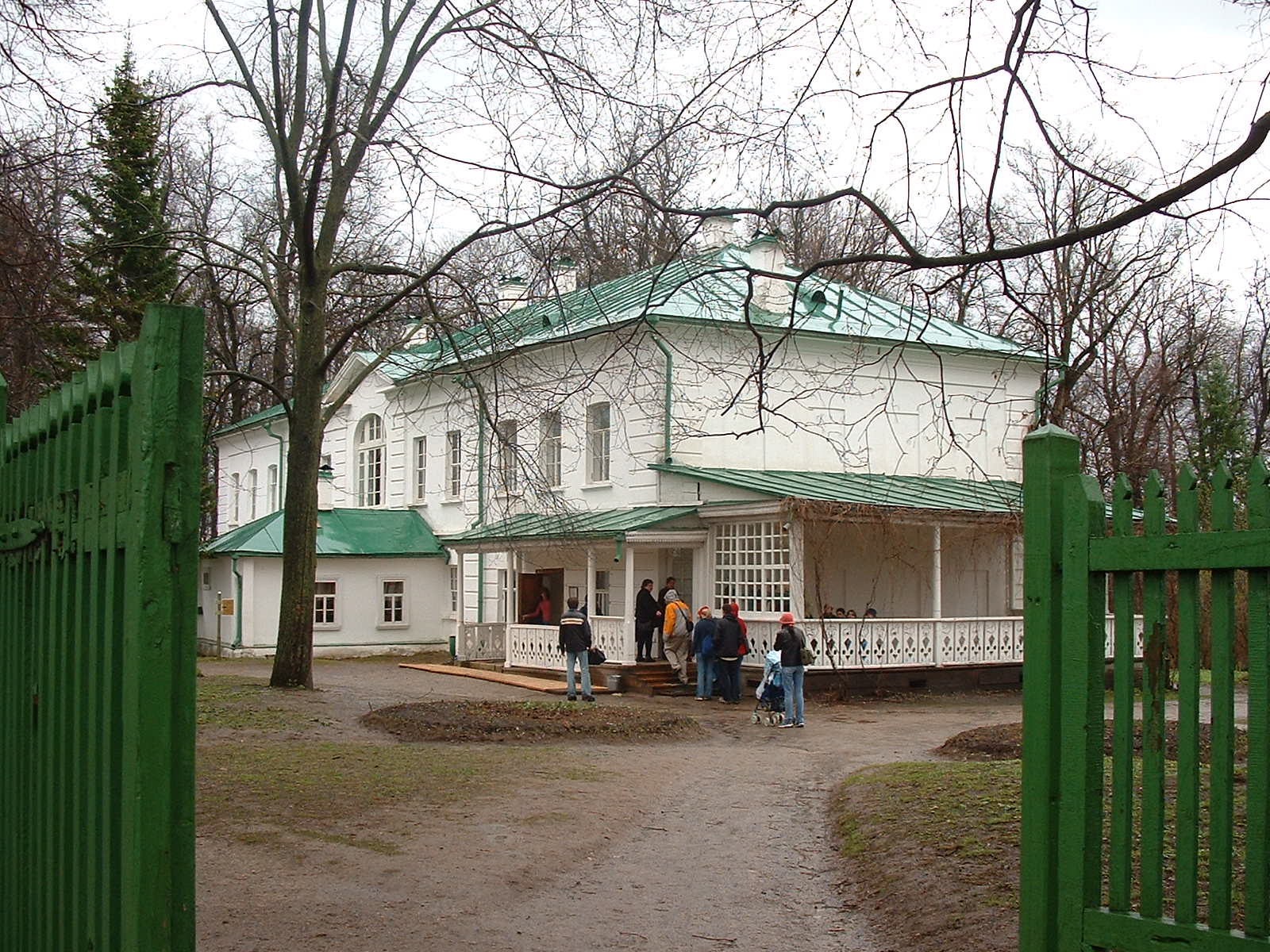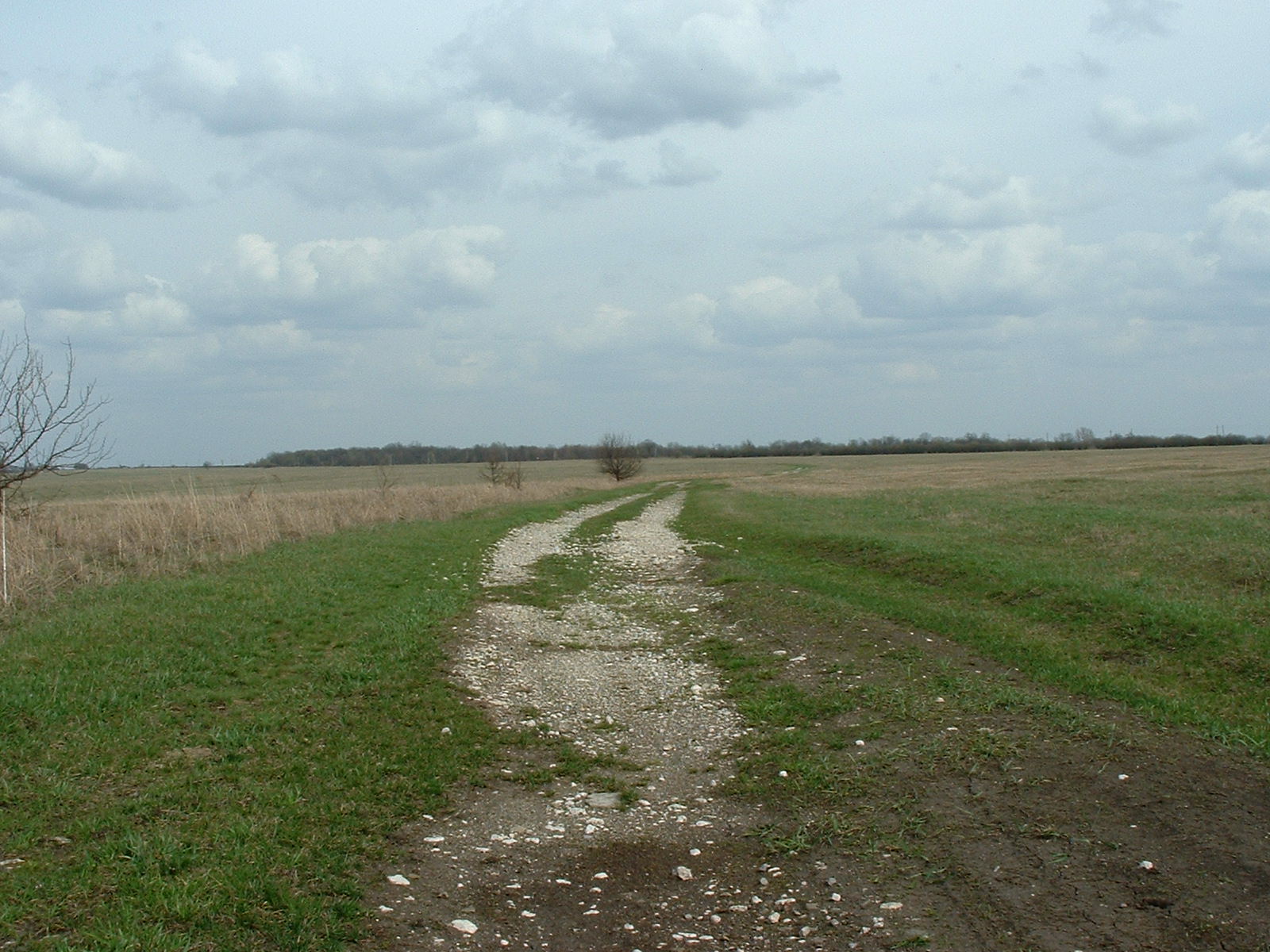Environment and Culture
in Russia
Bates Short Term 2006
Professor Jane Costlow
jcostlow@bates.edu
207/786-6289
This course introduces students to a broad range of environmental issues in contemporary Russia, and invites students to consider those issues in cultural and historical context. Students depart Boston on April 24, and spend three days in Moscow before travelling to the city of Orel, in the agricultural heartland of European Russia. During three weeks in Orel, students will live with Russian families (where university-age students speak English), take classes in conversational Russian, and have regular discussions, meetings and field trips. We will visit a local farm, talk with ecologists working on steppe restoration, visit a national park, and have a tour of the city market. Regular afternoon classes will focus on contemporary issues. Students will have ample opportunity to interact with their Russian peers. The group will also visit area museums, Leo Tolstoy's estate, and an active monastery renowned for its contributions to Russian culture. The trip concludes with three days in St. Petersburg.
This trip is open to students with no knowledge of Russian.
Application deadline is January 10 (in order to let students know prior to the deadline for applying for financial aid.. You may pick up an application form at my office, 102 Hathorn. Students will be chosen with an eye to putting together a diverse group of students with a broad variety of interests and backgrounds.
The map above indicates the major areas to be visited by the group: Moscow, Orel, and St. Petersburg.
